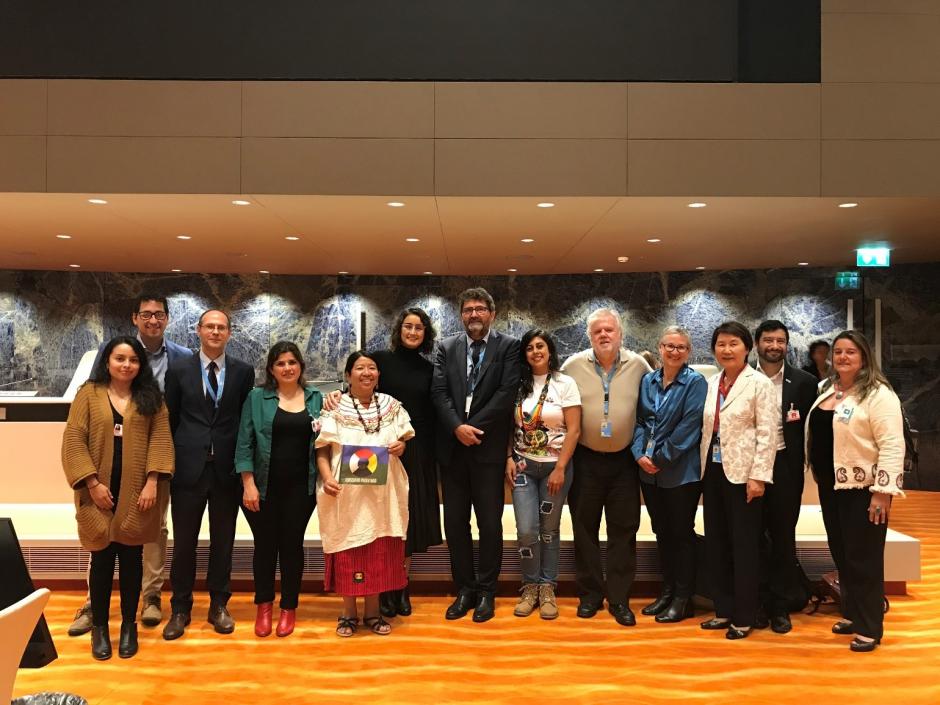This document discusses the significant outcomes following the African Commission on Human and Peoples’ Rights (ACHPR) decision in favor of the Endorois community in Kenya. The decision recognized various rights of the Endorois people, including land ownership and cultural practices. Although implementation of the ruling has faced challenges, the case has led to increased leadership roles for Endorois women, enhanced community organization, and greater political mobilization. The document highlights both the direct and indirect impacts of the case on the community.
Key points include:
- Background: The ACHPR ruling in 2010 recognized the rights of the Endorois community after their eviction from traditional lands by the Kenyan government in the 1970s.
- Implementation Challenges: Despite the ruling, the Kenyan government has been slow to fully implement the recommendations, including land restitution and compensation.
- Community Empowerment: The case has led to greater internal organization, advocacy efforts, and increased roles for women in leadership within the Endorois community.
- International Support: Various international organizations and networks have supported the Endorois in their struggle for justice and implementation of the ACHPR decision.
- Indirect Impacts: The case has fostered a stronger sense of identity, increased awareness of human rights, and served as a model for other indigenous communities.
The document provides a detailed examination of the legal, social, and political ramifications of the Endorois case and its influence on the community’s development and leadership dynamics, particularly among women.

